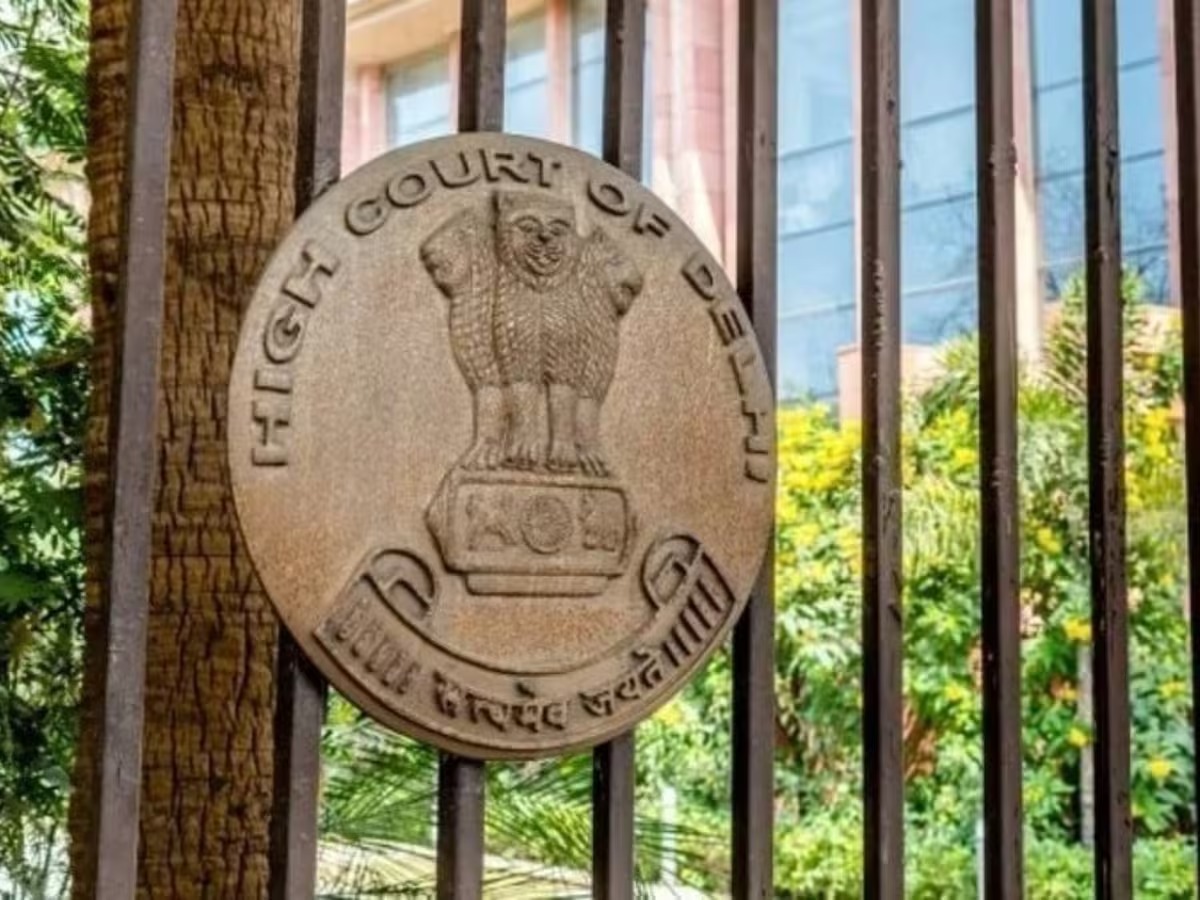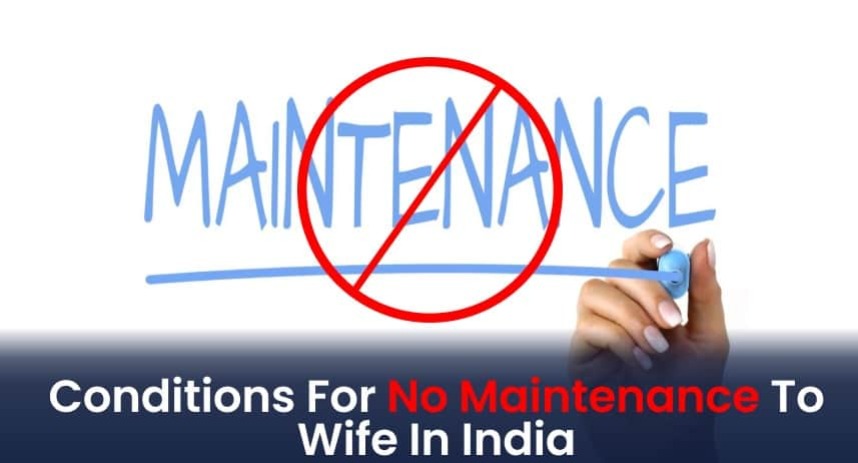H.K.K. Singh, J.@mdashBy this application u/s 397/401 of Code of Criminal Procedure the Petitioner has questioned the legality of the order dated 6.2.1995 passed by the learned Sub-Divisional Magistrate, Udaipur, South Tripura and also prayed for quashing the same order and further for a direction to the Magistrate to proceed with the proceeding u/s 145 of Code of Criminal Procedure.
2. Heard learned Counsel Mr. B. Das, Senior Advocate for the Petitioner and Sri D. Sarkar, learned Counsel for the Respondent Nos. 1 to 7 and Sri U.B. Saha, learned Counsel for the Respondent No. 8.
3. On the basis of a petition filed by the Petitioner on 15.12.93 for initiating a proceeding u/s 145/146 Code of Criminal Procedure alleging, interalia, that the Respondents and their men forcibly entered into the office building of the Tripura employees'' Co-Ordination Committee standing on Govt. Khash land, learned Magistrate passed an order on 15.12.93 for issuing notice to the Respondents and also directed the Tahasildar of R.K. Pur Tahsil Kachari to visit the spot and submit a detailed report and also directed the Officer-in-Charge of R.K. Pur P.S. to submit a detailed report in the light of the F.I.R. lodged in that regard by 22.12.93 and subsequently on 15.3.94 after hearing the learned Advocates of the parties and perusal of the report of the police the learned Magistrate held that there was no breach of peace and as such the petition was dropped.
4. As against this order dated 15.3.1994 the Petitioner filed revision petition before the High Court being Criminal Revision case No. 38 of 1994 and by order dated 4th August 1994 this Court quashed the order dated 15th March, 1994 and directed the Magistrate to proceed with the hearing u/s 145 of Code of Criminal Procedure and also for keeping the land under attachment u/s 146 of Code of Criminal Procedure. Against this order of the High Court, the Respondents went to Hon''ble Supreme Court challenging the said order of High Court and Hon''ble Supreme Court vide order dated 5.9.94 in SLP No. 2281 of 1994 directed the High Court to review the order dated 4.8.94 on the ground that the counsel submitted before the Hon''ble Supreme Court that no preliminary order u/s 145(1) of Code of Criminal Procedure has been passed. Thereafter this Court by order dated 24.1.95 passed an order issuing a detailed direction to the learned Sub-Divisional Magistrate and ultimately the learned Sub-Divisional Magistrate passed the impugned order dated 6.2.95 vacating the attachment order and dropping of the previous matters.
5. Mr. B. Das, learned Counsel for the Petitioner submitted from two angles. Firstly, that there was a proceeding u/s 145 Code of Criminal Procedure and the learned Magistrate should have passed a reasoned order for dropping the proceeding. Secondly, that Magistrate should have complied with all the directions of this Court and should have passed a reasoned order both for dropping the proceeding or for initiating of a proceeding afresh as directed by this Court, Mr. Sarkar and Mr. Salia on the other hand, submitted that there was no proceeding u/s 145 Code of Criminal Procedure and that the learned Magistrate duly complied with the direction of this Court.
6. Much emphasis has been given by the learned Counsel on the directions contained in the order dated 24.1.95 is extracted below:
i) The order dated 4.8.94 passed by this Court including the directions for attachment of the disputed property is vacated.
ii) Orders dated 15.12.1993 and 15.3.1994 passed by the learned S.D.M. Udaipur, South Tripura are quashed.
iii) Learned S.D.M. is directed to apply his mind again to the facts of the case and decide it afresh whether or not he should initiate a proceeding u/s 145 Code of Criminal Procedure and if he decides not to initiate any proceeding he may drop the same after passing a reasoned order.
iv) On the other hand if he decides 10 initiate a proceeding, he shall first pass a preliminary order strictly in terms of requirements of Sub-section (1) of Section 145 Code of Criminal Procedure stating his satisfaction as to the existence of apprehension of breach of peace and grounds of his being so satisfied.
v) While so deciding learned S.D.M. shall take into his consideration the contents of the petition filed by the revision Petitioner before him on or before 15.12.93. He may also take into consideration the report submitted by the Tehsil Katchery.
vi) As regards police report, I leave it to the discretion of the learned S.D.M. to decide whether or not he should take it into consideration in view of the allegation of the revision Petitioner that on (sic).12.93 a complaint was lodged with the R.K. Pur police station against the alleged dispossession and apprehension of breach of peace and yet police did not take any action whatsoever.
vii) If the learned S.D.M. ultimately decides to initiate a proceeding u/s 145/146 Code of Criminal Procedure, he shall complete the inquiry and finally dispose of the case within a period of two months from the date of receipt of copy of this order.
viii) The learned S.D.M. can also attach the property if he considers it necessary in the interest of justice and this order shall not stand in his way to do so.
7. As stated above, according to Mr. Das there was a proceeding u/s 145 Code of Criminal Procedure even if the learned Magistrate did not pass a preliminary order u/s 145 Code of Criminal Procedure strictly in the terms of the requirements of Section 145(1) of Code of Criminal Procedure. This matter has been agitated earlier by the parties even before the Apex Court and also before this Court time and again in the present case between the parties. This matter is no more res-integra. There has been no proper initiation of any proceeding u/s 145 Code of Criminal Procedure.
8. The above directions of this Court was in the nature of guideline to the Magistrate to comply with if the Magistrate was satisfied for taking up any proceeding u/s 145/146 of Code of Criminal Procedure. This Court only directed the learned Magistrate to consider the petition, police report and other necessary materials which he thought it fit.
9. The proceeding u/s 145 Code of Criminal Procedure is only for a temporary measure for the purpose of preventing breach of peace concerning immovable property. In this proceeding the dispute regarding possession of the property is resolved by the Magistrate by an enquiry to find out as to which of the party was in possession of the land on the date of passing of the preliminary order u/s 145 Code of Criminal Procedure or dispossessed within two months next before the passing of the preliminary order. In such an enquiry the Magistrate has to determine the actual possession of the parties. Right to possession of the parties is not and cannot be considered in a proceeding u/s 145 Code of Criminal Procedure and such a proceeding must be disposed of expeditiously. Unsuccessful party has to go to the appropriate forum like Civil Court for recovery of possession of the land on the basis of right and title. The basis or the prerequisite for initiation of the proceeding is that the Magistrate must be satisfied that a dispute likely to cause breach of peace exists any land or water or the boundary thereof within his local jurisdiction. And the law is settled that it is the satisfaction of the concerned Magistrate and not of any other authority that the dispute likely to cause breach of peace exist. For his satisfaction the Magistrate may consider the police report or any other document and materials. The word "other information" appearing in Sub-section (1) of Section 145 has to be given the widest possible latitude and it is not used in a technical sense. It may come from any source (Scc
10. Mr B. Das does not dispute the aforesaid settled principle of law regarding satisfaction of the Magistrate for existance of breach of peace to initiate a proceeding u/s 145 Code of Criminal Procedure. But according to Mr. Das it was imperative for the Magistrate to pass a reasoned order both for dropping or initiating of a fresh proceeding as per the directions of this Court. As against this Mr. Saha has submitted that the directions of this Court only required the Magistrate to pass a preliminary order giving the ground of his satisfaction of the breach of peace and for initiating the proceedings, if any, afresh and neither the directions of this Court nor the law did required the Magistrate to pass a reasoned order for dropping the matter as there had been no proceeding at all in the eye of law in this present case.
11. The Magistrate only recorded in the impugned order dated 6.2.1995 that the High Court had already quashed the orders dated 15.12.1993 and 15.3.1995 passed by him including the order of attachment, thus he only declared that as the previous matter had been dropped the party could agitate the matter before him afresh. And the learned Magistrate also passed an inciliary order which was a necessary consequence upon lifting of the attachment order. Thus according to the Magistrate the whole thing was a closed chapter that means, the Magistrate was of the opinion that as the entire things has been closed, any proceeding may be started only when the parties agitate the matter before him afresh.
12. As stated above the proceedings u/s 145 Code of Criminal Procedure being of a temporary in nature the Magistrate shall have to act on the basis of the facts, situation which exists at the time of passing of the preliminary order. Magistrate must be satisfied that apprehension of the breach of peace exist at the time of passing of the preliminary order. If there is no apprehension of breach of peace, Magistrate has no jurisdiction to initiate a proceedings u/s 145 Code of Criminal Procedure. In this case according to the Magistrate there was no ground for initiation of a proceeding afresh, thus, he closed the matter.
13. For the above reason, I do not find any ground to interfere with the impugned order passed by the learned Magistrate.
14. Accordingly this Revision Petition is rejected.
15. If any situation arises warranting initiation of a proceeding, the learned Magistrate may initiate the same in accordance with the provision of law.

